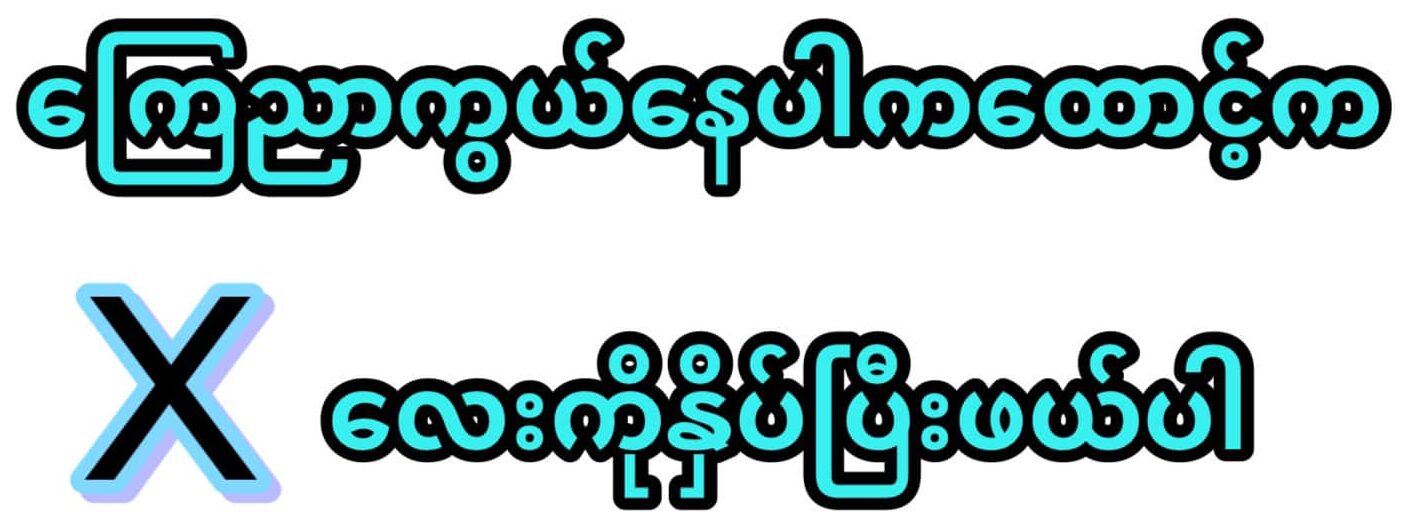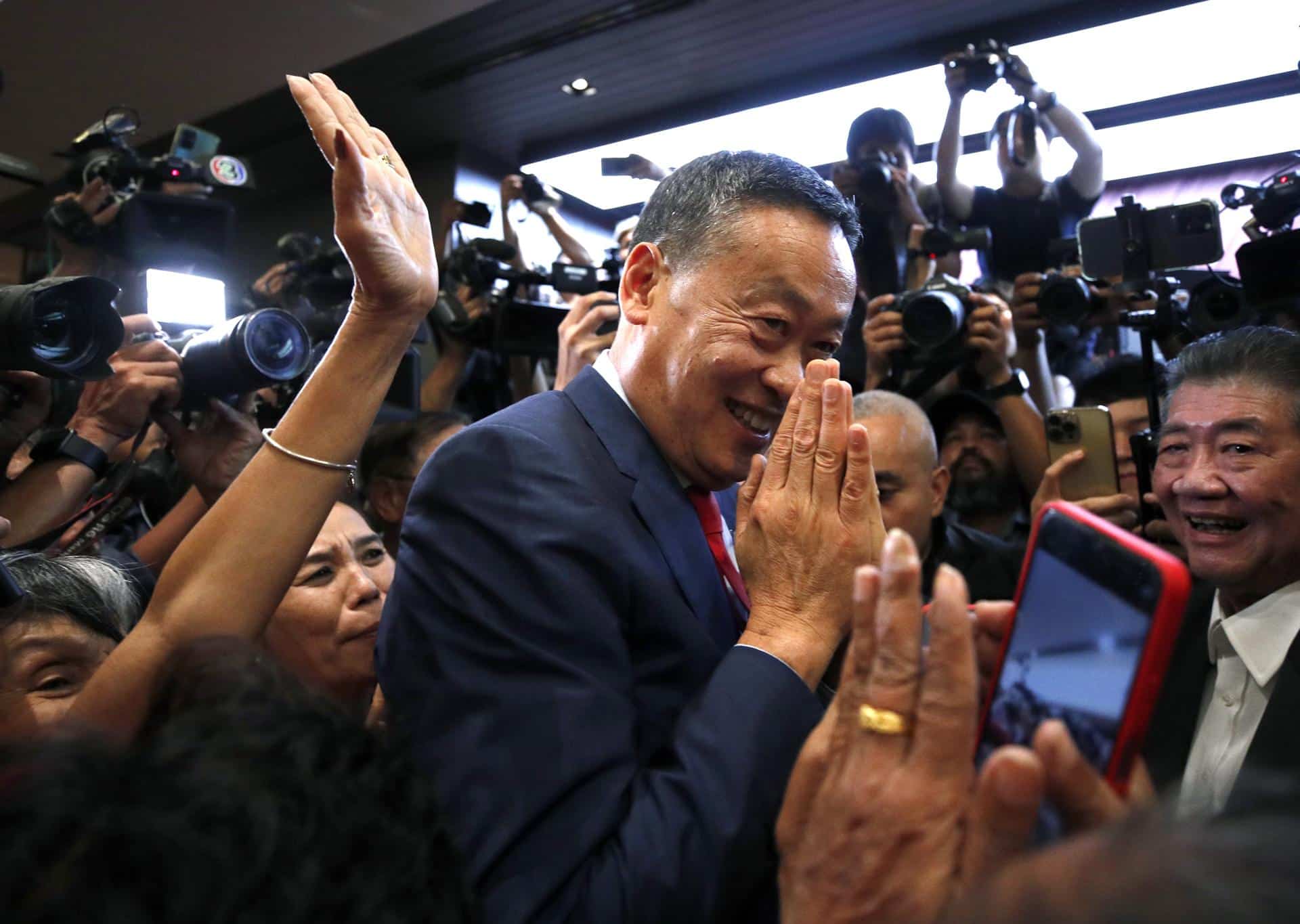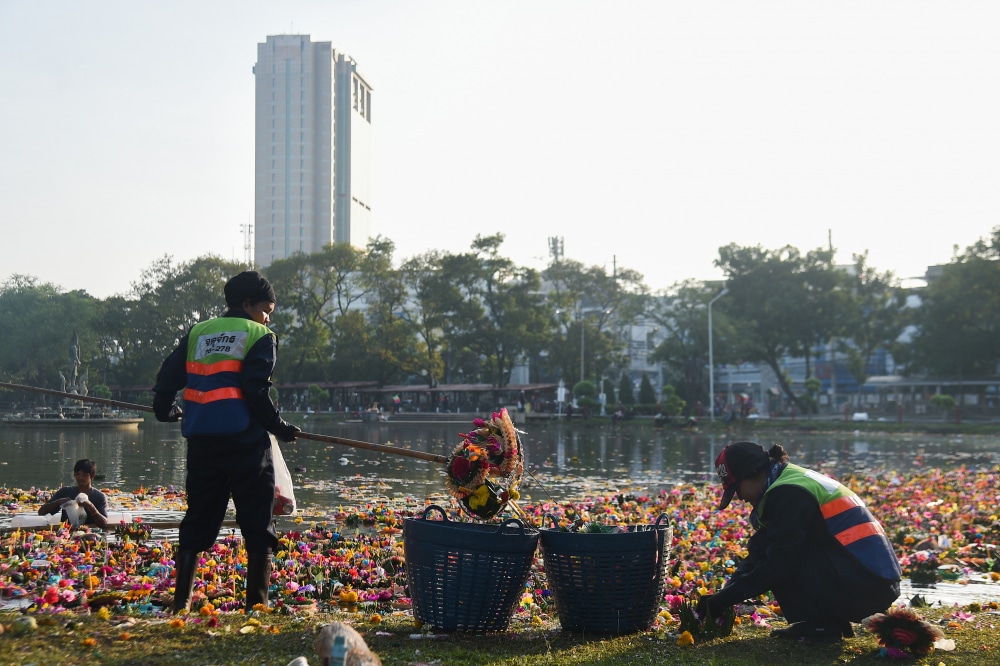BANGKOK— Thailand’s parliament rejected election winner Pita Limjaroenrat’s ambition to become prime minister on Thursday.
Despite his reformist party winning the popular vote in the general election, Pita was unable to secure the 375 parliamentary votes required to become Thailand’s 30th premier after hours of deliberation but a remarkably quick voting process.
In May, voters strongly rejected almost a decade of army-backed rule under Prayut Chan-o-cha, who gained power in a 2014 coup.
But, the conclusion had seemed increasingly certain, with hints that conservative lower house Members and junta-appointed senators would not back him.
Prior to the parliamentary vote, razor-wire was installed on neighbouring highway overpasses, and the parliament compound was surrounded by containers designed to prevent protests, indicating the heightened tensions surrounding the occasion.
Barely three years ago, enormous pro-democracy rallies erupted in Bangkok after Pita’s predecessor, the Future Forward Party, was disbanded by a court.
“As a democratic country, we Thais have the right to express ourselves,” MFP supporter Patchaya Saelim, 17, said outside parliament prior of the vote.
“We can organise a protest.”
Uncertain path
The road forward is unclear, since the house speaker has not to say if Pita can try again to get the necessary votes.
Following the election in May, he cobbled together an eight-party coalition with 312 votes, falling shy of the required 375.
His bid was doomed by senators, the vast majority of whom voted against him, raising the question of whether another round might result in a different outcome.
Conservatives and the country’s powerful establishment have objected to the MFP’s reforming agenda, which includes demands to modify the country’s severe royal defamation rules.
The party’s intentions to destabilise business monopolies are also unpopular among the old guard.
Pita’s defeat might also jeopardise his alliance, which includes opposition runner-up Pheu Thai.
It has been speculated that the more established party may now support someone else for the top job.
Pheu Thai leader Paetongtarn Shinawatra, daughter of exiled ex-leader Thaksin Shinawatra, and the party’s Srettha Thavisin, a business mogul, are also potential contenders.
Dark clouds
Pita’s path to power has been hindered further by the threat of parliamentary suspension and the filing of two charges against him and his party.
The Electoral Commission recommended his suspension from parliament a day before the vote because to claims that he violated campaign rules, which the MFP called a “abuse of authority.”
The proposal came after an investigation into Pita’s holding of shares in a media firm, which is illegal under Thai law.
The station has not broadcast since 2007, and Pita claims the shares were passed down to him from his father.
Pita’s MFP was the only party that campaigned on addressing the contentious topic of royal defamation laws, but this also landed it in hot water.
The Constitutional Court heard a case that claimed the promise amounted to an attempt to “overthrow” the constitutional monarchy. The party has two weeks to submit its case.











